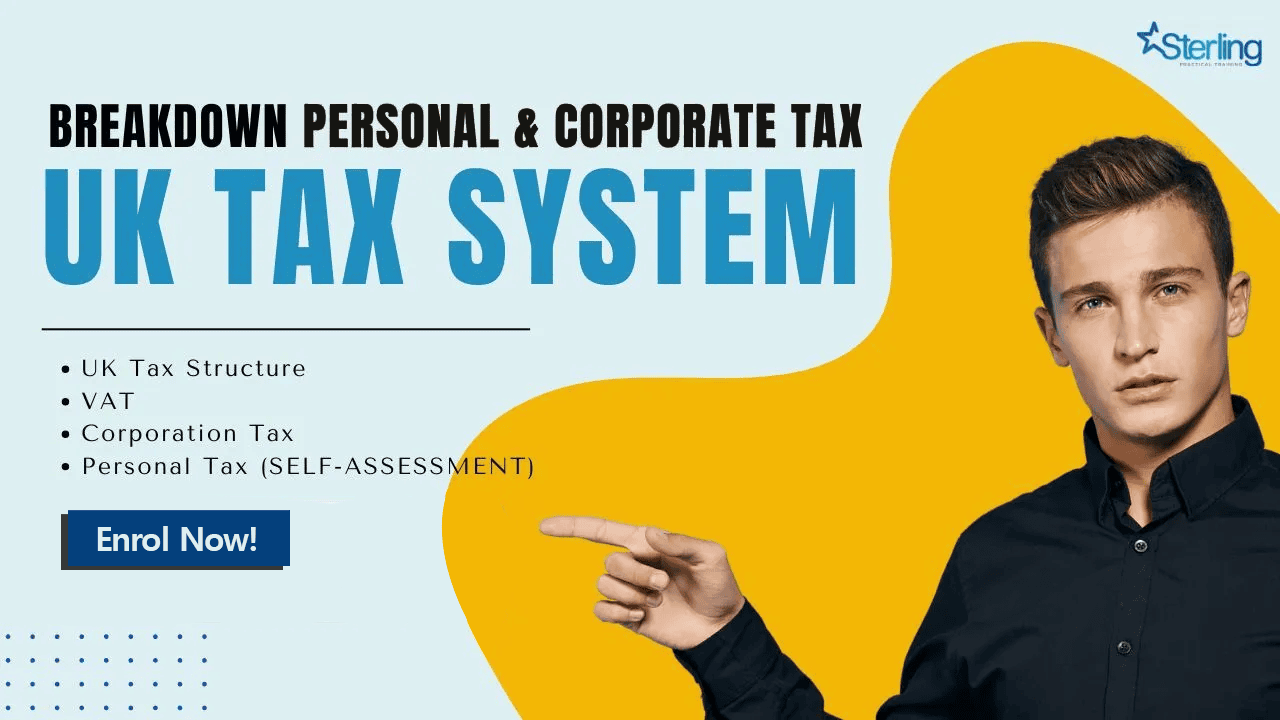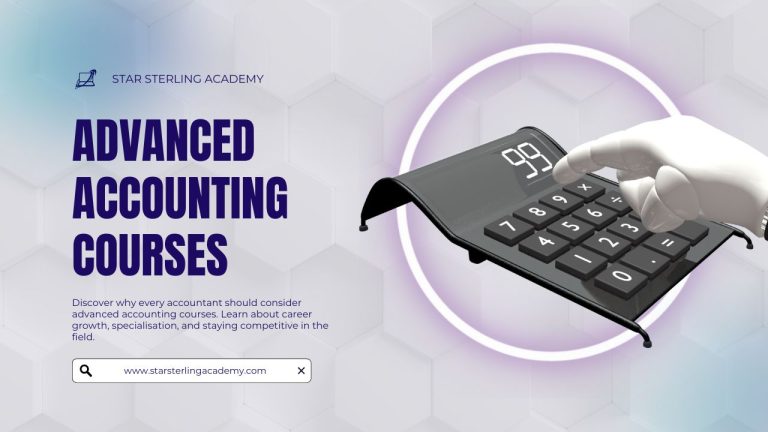How does the UK tax system work?
In the UK, individuals, companies, and trust’s pay taxes. Residents are taxed on their worldwide earnings, while non residents only pay taxes on what they earn in the UK.
You’re a resident in the UK for tax purposes if you are in the country for 183 days or more, or if your only home is the UK for longer than 30 days. The UK provides statutory residence tests so you can work out which tax regime applies to you.
- SELF EMPLOYED
- TRUST
- PARTNERSHIP
- LIMITED/PUBLIC COM
- FOREIGN COMPANIES
- OTHER
The UK Tax Structure in Detail
01. Progressive vs. Flat Taxes
The United Kingdom taxation system primarily uses a progressive tax structure for individuals, meaning the tax rate increases with income. However, certain elements, such as VAT, are flat-rate taxes.
02. Double Taxation Relief
For UK residents earning income abroad, double taxation treaties prevent paying taxes twice.
a) Corporation Tax
Entities that must pay corporation tax
Include:
- Limited companies
- Foreign companies with UK branches
- Clubs
- Co-Operatives
- Other unincorporated associations
Corporation tax is charged on your trading Profits, investments, and chargeable gains (What you get from making a profit on assets). Businesses based in the UK pay it on their global profits, but those based outside the country only pay it on what they make in the UK.
The main corporation tax rate in the UK is 25%, But businesses that make a profit of less than £50,000 in their accounting period pay a ‘small profits rate’ of 19%.
Meanwhile, companies that make £50,000–250,000 can apply for marginal relief.
Like other taxes, filing and paying your corporation tax bill online is possible. If you overpay, HMRC will pay you back, plus any applicable interest.
Other type of tax which companies pays and report to HMRC inside the corporation tax return is below:
- Capital Gains Tax
- R&D Reliefs
- Capital Allowances
- Foreign Income
- Dividends Tax
When a company is incorporated in UK it gets registered with HMRC. HMRC issues a unique tax reference number to submit these returns.
b) VAT (VALUE ADDED TAX)
Value Added Tax (VAT) applies to most goods and services.
In the UK, the standard rate is 20%, but a reduced rate of 5% applies to some goods, like energy-saving building materials, mobility aids, children’s car seats, and other useful items.
Meanwhile, a zero rate applies to some goods and services, such as children’s clothes, charity advertising, and sanitary items your business has a taxable turnover of £90,000 or more, you must register for VAT. Companies earning under this amount can choose whether to register.
When registered HMRC issues you a VAT certificate with the registration number. You must include VAT in the price of your goods and services, so make sure you’re aware of the applicable rates.
Most businesses send a VAT return to HMRC every three months, usually within a month and seven days of the end of their accounting period.
VAT for sole trader, partnership is the same process as limited companies. VAT workings, deadlines are exactly same with one exception the entity registered in solde trader is the business where liability falls onto the person rather than the limited company.
c) Self-Assessment (PERSONAL TAX)
If an individual is doing business or his employment income is above £100,000 per annum he needs to register for self assessment. Again registering for self assessment with HMRC you will be issued a unique tax reference number through which you will process your tax returns.
All UK residents pay income tax on the below earning sources
- Salary from employment
- Business profits
- Pensions
- Rental income
- Interest on savings and investments
- Dividends
- Crypto assets
Also, most workers pay national insurance contributions and pension funds as well based on the salary.
Key Differences: UK Tax System vs. Other Countries
- Higher Reliance on VAT: VAT contributes a significant portion to the UK’s tax revenue.
- National Insurance Contributions (NICs): These are separate from income tax and fund specific benefits.
- Simplified Filing for Employees: Most employees don’t file taxes thanks to the Pay As You Earn (PAYE) system.




